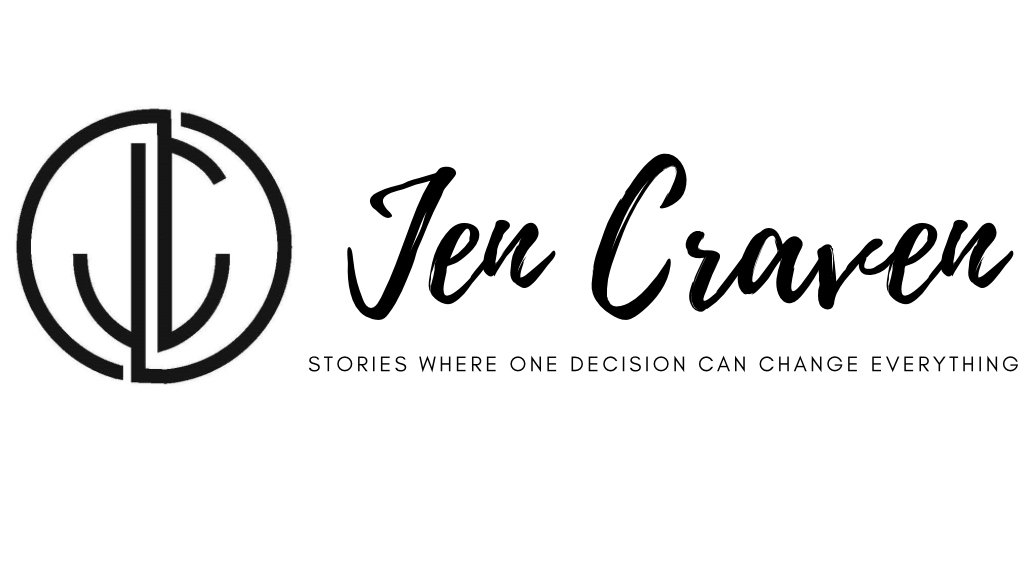Pros and cons of a digital-first publisher
When my latest book, The Baby Left Behind, went on pre-order last week, I excitedly blasted the announcement and link on social media. Quickly, messages appeared in my inbox: Why can’t I preorder a paperback? Why is it only showing the Kindle version?
I had to explain. My publisher is considered a “digital-first” publisher, meaning its biggest push is for Ebooks. Bookouture was designed with the premise of getting digital books to readers fast and affordably. Unlike the traditional publishing model, which can take years from acquisition to pub date, digital publishers can put out books in a matter of months. In most cases, the author’s subsequent book is ready for preorder by the time the reader finishes the first—the perfect chance to turn readers into fans. Think something like this: “Did you like [Title A]? Good news! Click here to read the next book from [Author]!”
Boom. You’ve got another sale.
The quick turnaround and low Ebook pricing is great for readers… but what about from the author prospective? My experience so far with Bookouture has challenged me to shift some expectations and think about where my priorities lie. It’s a newer publishing model, but one that’s on the front of the technological curve.
Here are some of the pros and cons of going with a digital-first publisher:
PROS:
Books come out quicker
Publisher has extensive catalog of reader and market data
Publisher can adapt to early feedback (easier to make cover and content changes right up to pub date)
Often higher royalties for authors—electronic age allows authors to optimize earnings
Doesn’t require an agent (in many cases)
CONS:
Physical books only in print-on-demand format (readers can order from Amazon, but physical books won’t be in bookstores or airports)
Author receives very few author copies — harder to do in-person events
No advance (usually)
Coming from indie publishing where there is no advance anyway (ha!), this fact didn’t bother me. Would it be awesome to sell my book for a big chunk of change? Sure. But the digital-first approach lets authors see profits differently: not in a lump-sum advance, but in higher royalties the minute you make your first sale. It’s potentially lucrative for many authors, especially those who write fast and can put out more than one book per year.
Founded in 2012, Bookouture has grown from a startup to hitting $60 million in sales in just 10 years. It’s working. And I was excited to be part of it…just as soon as I got over the vanity of seeing my book in a smooth matte dust jacket on the front table of Barnes & Nobel and Hudson Books. (That’s reserved for massive successes such as The Housemaid, also pubbed by Bookouture and now in print all across the country. Maybe mine will be the next? A girl can dream).
So there you have it—the bird’s eye explanation of digital publishing and why The Baby Left Behind is currently only available for preorder as an Ebook. At the end of the day, my goal is to get my book out to readers. Digital-first is a growing distribution method—one that seems to be only on the upswing. The best way to help authors on this path is to purchase the Ebook even if you also plan to buy a physical copy. Most launch as low as $.99! It’s the easiest way to help Ebooks shoot up the rankings, increase visibility and make an author smile.

